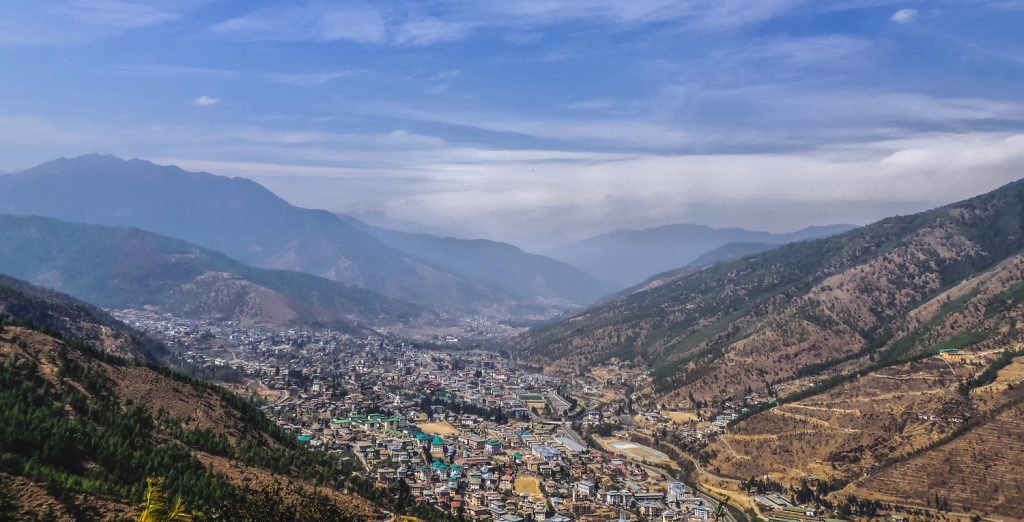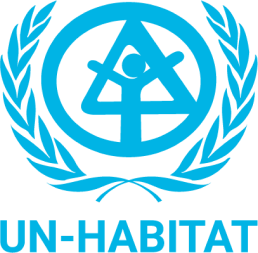7 June 2023, Thimphu, Bhutan – UN-Habitat carried out a two-day training in Thimphu (Bhutan) focused on leveraging ecosystems and their services to strengthen adaptation in urban areas. Acknowledging nature’s important role in urban areas, the sessions focused on how to plan and implement ecosystem-based adaptation (EbA) projects to address the most pressing climate-related risks. Amongst the participants were local and national government representatives, NGOs, academia, etc. The training was executed under the project Building climate resilience of urban systems through Ecosystem-based Adaptation in the Asia-Pacific Region, funded by the Global Environment Facility (GEF) and implemented by UNEP in partnership with UN-Habitat. The training, which was opened by Thimphu Thromde Mayor Ugyen Dorji, equipped participants with the tools needed to plan, implement, and monitor EbA in urban contexts through the combination of presentations, group exercises, and interactive discussions.
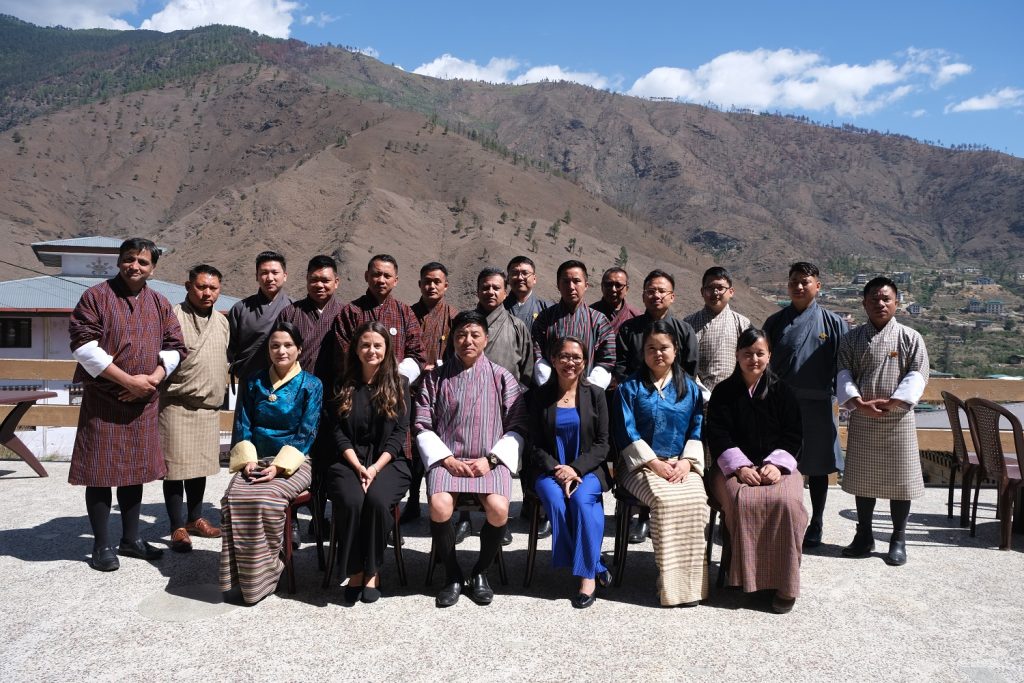
Thimphu faces multiple climate-related pressures, including floods associated with intense rainfalls, river floods, erosion and landslides, extreme heat, and forest fires. Throughout the training, the participants discussed potential EbA solutions that could be undertaken to address these challenges and the co-benefits of adopting nature-based approaches. Beyond delivering adaptation benefits, EbA has the potential to improve the well-being of urban dwellers, enhance biodiversity, reduce environmental pollution, make urban environments more pleasant, among many other benefits. In the context of increasing climatic risks, prioritizing adaptation interventions can be challenging. Thus, the training presented methods and tools to support decision-makers strategize and prioritize adaptation actions.
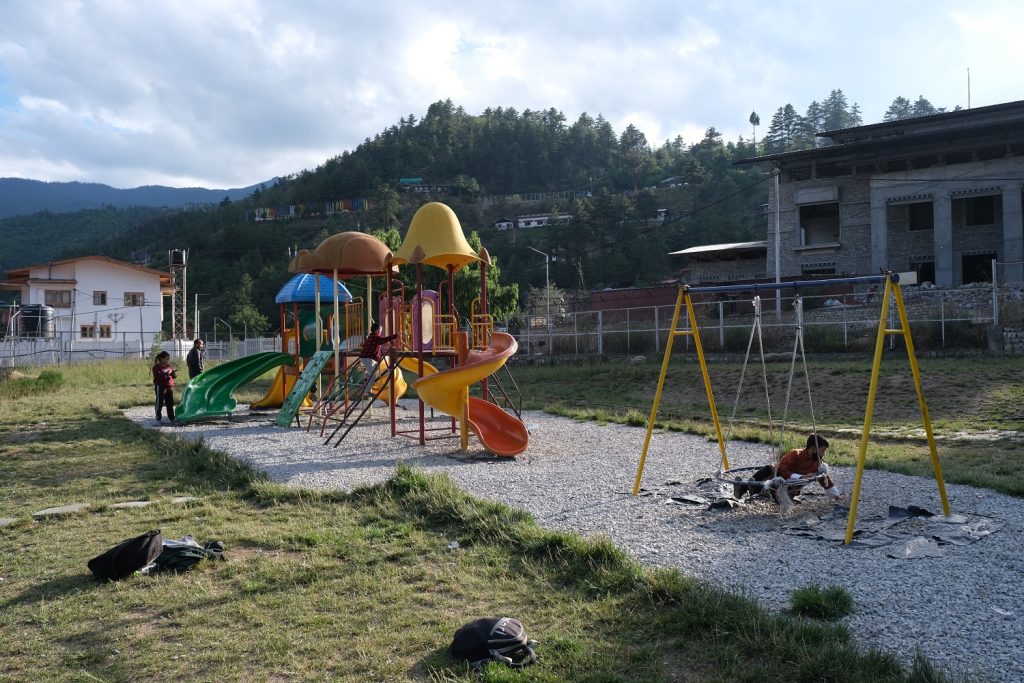
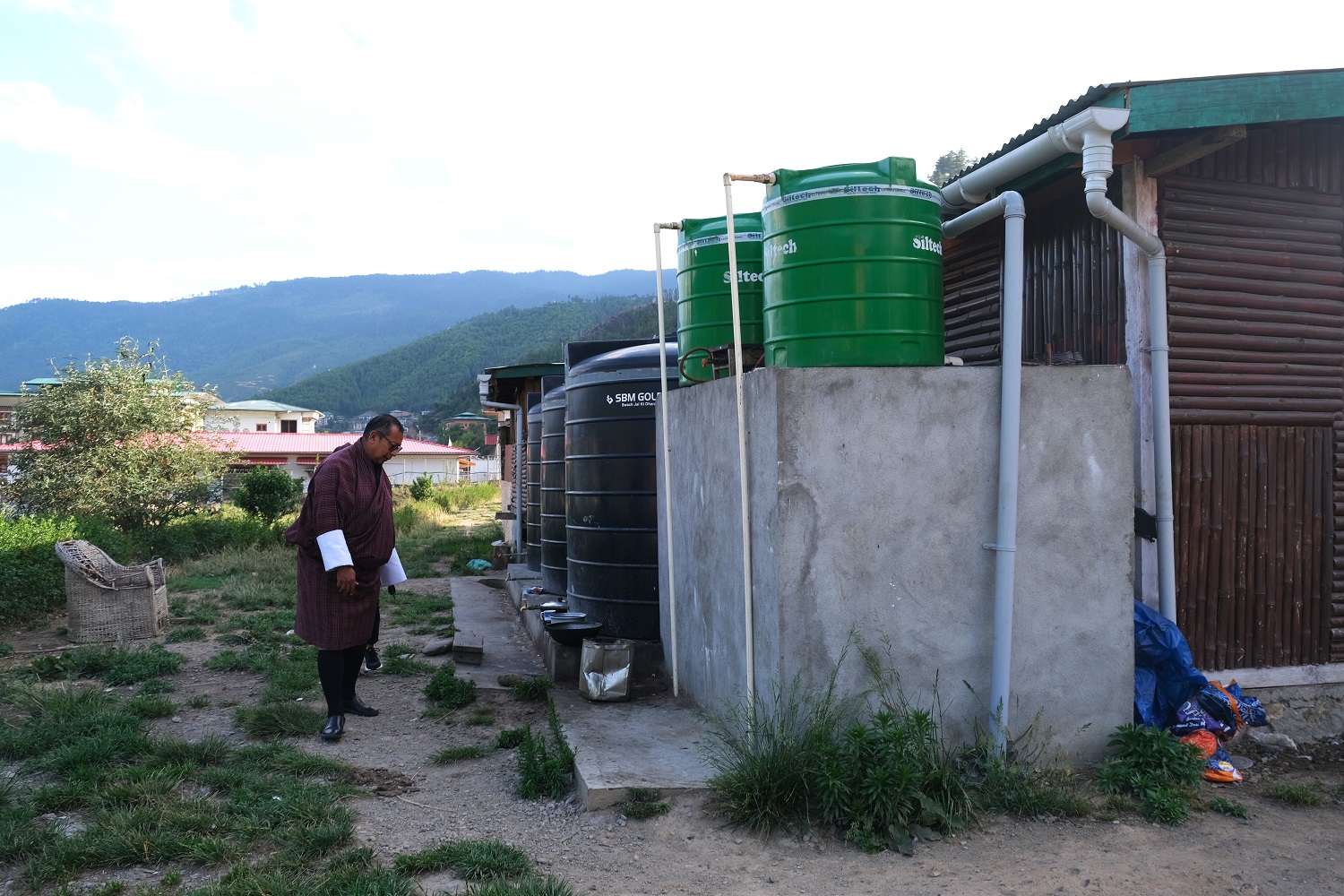
With urban areas rapidly growing in Bhutan, respecting nature rather than working against it is critical. During the training, participants reflected on the EbA interventions implemented under the GEF project. These include urban farming in informal settlements, urban parks, buffer areas along the river and increased vegetation in these areas, the promotion of rainwater harvesting systems, among other. Given the strong interest in prioritizing EbA approaches, participants discussed how to scale up the work done in Thimphu, including through the replication of the project in other urban areas in Bhutan.
